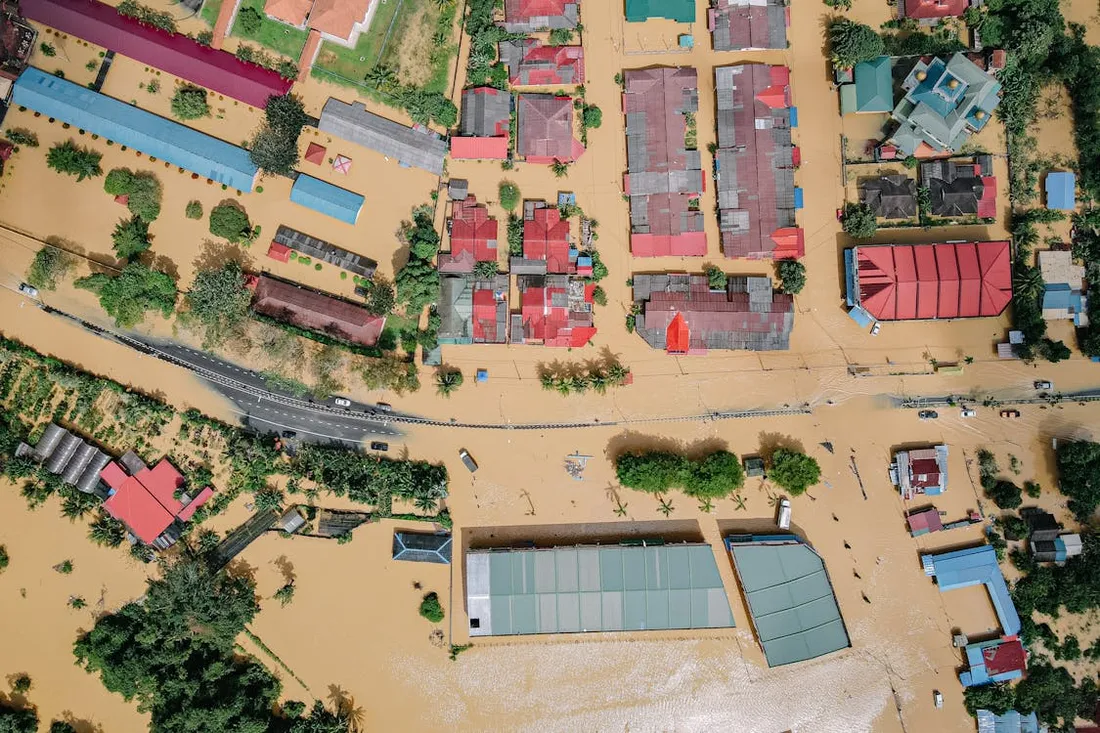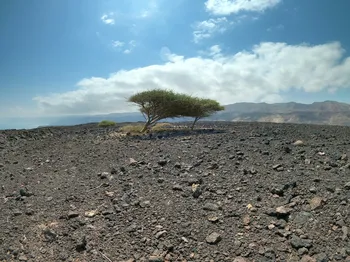
These new tools will offer countries:
- An easier and faster access to cash for emergency response, through resource reallocation. The countries can repurpose a part of their unused Bank financing to address emergency needs in a crisis;
- Scaled-up access to pre-arranged financing for crisis response: the Bank will introduce increased flexibility to assist nations in establishing additional contingent resources to prepare for future crises. Moreover, it will streamline access to new financing for budgetary support in times of disasters, providing immediate funds to manage the aftermath of a crisis and assist citizens, thereby minimizing the trade-offs between development goals and emergency financing requirements;
- Expanded catastrophe insurance: the Bank Group will extend the opportunity for all countries to incorporate catastrophe bonds, insurance, and other risk management products into their Bank financing endeavors. This enables governments to potentially receive payouts from an insurance mechanism during crises without accruing additional debt at that juncture.
The new initiatives will complement other essential elements of the enhanced Crisis Toolkit, like the Climate Resilient Debt Clauses (CRDC). Introduced in June, those will enable small states to prioritize disaster recovery over debt servicing obligations when faced with catastrophes. The Bank Group has broadened the scope of the CRDC to include all existing loans in eligible countries, granting borrowers the option to defer interest and fee payments, with the possibility of covering fees through concessional resources.
The World Bank Group is enhancing assistance to private sector partners in preparing for and responding to crises, thereby enabling businesses to maintain operations, preserve employment opportunities, and enhance resilience and sustainability in the long run. The International Finance Corporation is developing a crisis response solution led by the private sector, aimed at assisting financial institutions in mitigating the effects of natural disasters caused by climate change. Additionally, the Multilateral Investment Guarantee Agency is collaborating with lenders and the private insurance sector to improve the incorporation of climate change impacts into loans to the public sector, utilizing instruments such as parametric risk insurance.







